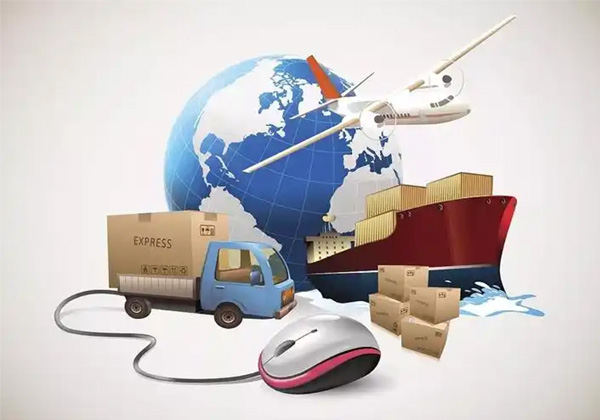空运tracktrace
空运track trace

In the world of global trade, air freight has become an increasingly important mode of transportation for businesses looking to expand their reach and minimize delivery times. However, with the increasing complexity of air cargo operations, it"s essential to have a reliable system in place to ensure that goods are delivered safely and efficiently. One such system is the use of tracking information, which provides crucial insights into the movement of air cargo. In this article, we will explore the art of tracking air cargo using track trace technology and how it can help businesses stay ahead of the competition.
The Importance of Tracking Air Cargo
Tracking air cargo is essential for several reasons. Firstly, it helps businesses monitor the progress of their shipments in real-time, ensuring that they arrive at their destination on time and in good condition. This information is critical for ensuring customer satisfaction and maintaining a positive reputation. Secondly, tracking allows businesses to identify potential issues or delays early on, allowing them to take corrective action before the shipment reaches its destination. This can save time, money, and resources in the long run. Finally, tracking information can be used to optimize logistics and reduce costs by identifying areas where efficiency can be improved.
The Power of Track Trace Technology
The ability to track air cargo accurately relies heavily on the use of track trace technology. Track trace involves the use of radio frequency identification (RFID) tags or other sensors to track the movement of cargo through various stages of the supply chain. These tags or sensors are embedded into the cargo itself, enabling them to be read by scanners at various points along the journey. By collecting data on the location, speed, and direction of each piece of cargo, track trace technology provides businesses with detailed insights into their shipments" progress.
One example of the power of track trace technology is the use of GPS-enabled RFID tags. These tags can provide precise location data, making it possible to pinpoint the exact location of each piece of cargo within seconds. This level of detail can be particularly useful in situations where there are multiple carriers involved in the shipment process, as it allows businesses to coordinate their efforts and ensure that all parties are working towards the same goal. Additionally, GPS-enabled RFID tags can be used to track cargo during transit, providing valuable insights into potential delays or issues that may arise along the way.
Challenges and Opportunities
While track trace technology offers numerous benefits, there are also challenges associated with its implementation. One major challenge is the cost of implementing track trace systems, which can be prohibitively expensive for many small and medium-sized businesses. Additionally, some carriers may not fully comply with regulations related to tracking technology, leading to inaccurate or missing data.
Despite these challenges, the opportunities for utilizing track trace technology are vast. By leveraging this technology, businesses can gain a deeper understanding of their shipments" progress and make more informed decisions about logistics optimization. For example, they can use the data collected from track trace to identify areas where improvements can be made, such as reducing transit times or minimizing fuel consumption. Additionally, track trace can help businesses stay compliant with regulations related to air cargo transportation, ensuring that their operations are up to standard.
The Future of Air Cargo Tracking
As the world becomes increasingly interconnected, the importance of tracking air cargo continues to grow. As technology advances, we can expect to see even greater levels of accuracy and efficiency in tracking systems. For example, advancements in machine learning and artificial intelligence could enable track trace systems to learn from past data and predict future trends, helping businesses make better decisions about their shipments. Additionally, blockchain technology could be used to create transparent and secure tracking systems that are difficult to hack or manipulate.
In conclusion, tracking air cargo is a vital component of any successful global trade strategy. By utilizing track trace technology, businesses can gain valuable insights into their shipments" progress and optimize their logistics operations. While there are challenges associated with implementing this technology, the opportunities for growth and innovation are limitless. As we look to the future, it"s clear that the continued development of tracking technologies will play a crucial role in shaping the global trade landscape.
本网站文章未经允许禁止转载,合作/权益/投稿 请联系平台管理员 Email:epebiz@outlook.com













